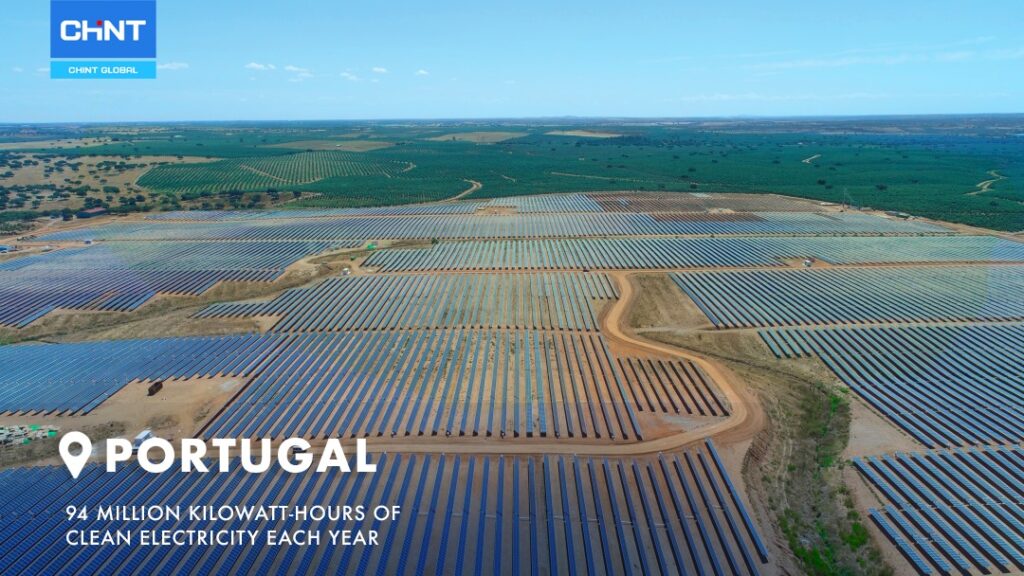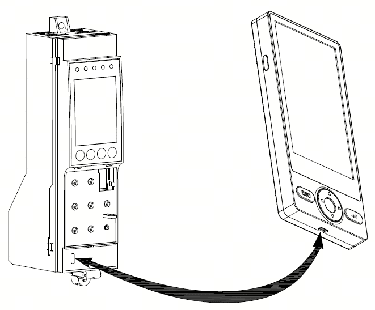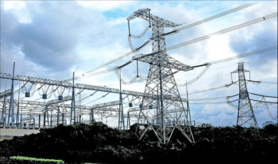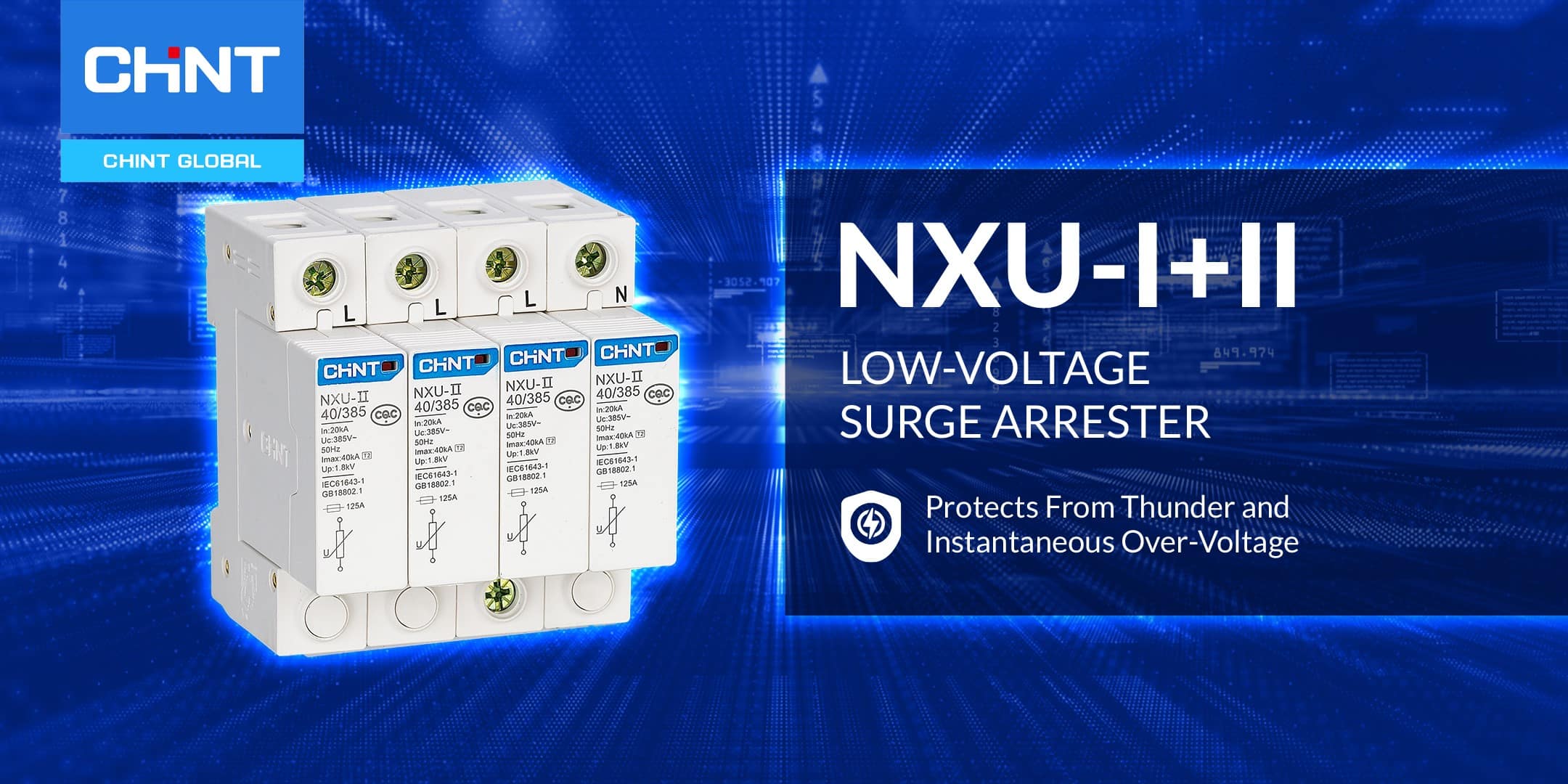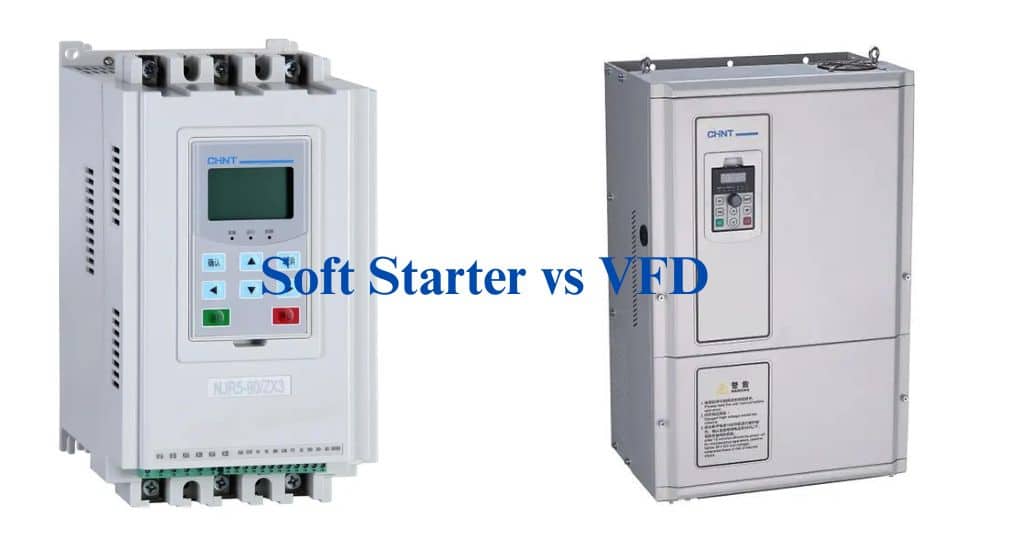Table of Contents
Solar energy systems are a great way to help reduce your carbon footprint and save on your monthly electricity bills. A necessary part of any off-grid solar system is an inverter that helps to make the energy harnessed by your solar panels usable for your home’s electricity demands.
To ensure you’re getting the ideal inverter for your off-grid system, it’s extremely helpful to understand their working principles, benefits, and overall pricing.
Working Principle of Off-Grid Inverter
When your solar panels harness the sun’s energy, it does so in the form of DC electrical current. Unfortunately, your household appliances and electrical system don’t run on DC energy. Rather, they operate on alternating AC current. Your solar energy system’s inverter is responsible for converting your energy from DC to AC.
There are three main types of inverters, which include pure sine wave, modified sine wave, and square wave. Square wave inverters are the simplest, cheapest, and less versatile of your inverter options. They’re perfect for powering things like motors where the load doesn’t have to be as precise as with delicate household items like a laptop.
Modified sine wave inverters are a step up from the square inverters and are recommended for off-grid setups that require less efficient power. They’ll effortlessly run motors and larger items. However, you’ll notice a power reduction when running smaller, more sensitive items like lights and appliances. Lastly, the pure sine wave is the most expensive option. This inverter works well with all types of equipment, big and small.
Benefits of Off-Grid Solar Inverter
Opting for an off-grid solar inverter is a great way to help steer yourself toward energy independence, as you won’t need to rely on the grid anymore. You can enjoy a reliable supply of power for all of your household equipment with the ideal off-grid solar inverter. Since you’ll be supplying your own energy thanks to your off-grid solar system, you won’t have to pay those costly electricity bills anymore.
Another great benefit of opting for an off-grid power inverter is that it allows you to enjoy reliable power. When you’re off the grid, you are no longer at the mercy of local utility power outages or service disruptions. Even better, this type of setup is ideal for remote areas. Investing in a solar energy system can be similar to investing in the infrastructure to run power out to your remote location.
Factors Influencing Off-Grid Power Inverter Price
When you first start shopping around for an off-grid power inverter, you’ll notice that the price of these items can vary greatly. There are many different factors that play a large role in determining the price of a specific inverter, which include its type, capacity, efficiency, brand reputation, and features.
Most people can expect to pay anywhere between 25 to 30% of the total cost of their solar energy system on their off-grid inverter. The higher the capacity that your inverter can handle, the higher its cost is going to be. The same holds true for higher-efficiency inverters.
Choosing the Right Off-Grid Inverter for Your Needs
Each solar energy system is going to be slightly different from the next, depending on the unique needs of the end user. When you go to purchase an off-grid power inverter, there are a few key factors that you’ll need to take into consideration. These include your system’s energy requirements, compatibility, and budget.
Determining how much energy your system will need to supply on a daily basis is a good place to start. You’ll typically figure up this number when you’re first thinking about purchasing a solar energy system to supply your electricity needs. Whatever inverter you choose must be capable of slightly higher energy production as the inverter will use some energy while operating.
Any inverter that you purchase will need to be compatible with the solar energy system that you choose to have installed. The manufacturer of your solar energy system will be able to inform you of what inverters are compatible with your new system.
Lastly, your budget is going to play a significant role in determining the inverter you get. While they can be slightly more expensive, investing in a high-quality inverter like the ones that Chint Global offers is a great way to ensure efficient and long-lasting performance.
Maintenance and Warranties for Off-Grid Inverters
Off-grid inverters aren’t a set-it-and-forget-it type of product. They require regular maintenance at least once a year to ensure optimal performance. This maintenance should be performed by a licensed professional, if possible, to help ensure the reliability and longevity of your off-grid inverter.
Additionally, you’ll want to know the type of warranty coverage that comes with your new inverter. Most off-grid inverters will come with a 10 to 25-year standard warranty, depending on the size of the inverter and its manufacturer. Knowing the warranty coverage period can go a long way in helping you in your decision on which inverter is best to meet your needs and budget.
Conclusion
An off-grid solar inverter is a necessary component for any solar energy system to utilize the sun’s energy that it harnesses. These off-grid components can be a great way to help you become more self-sustainable and reduce your electricity bills.
With many factors to consider when investing in a solar inverter for your off-grid solar system, it pays to get a product from a well-known manufacturer like Chint Global. We offer various solar inverters, including the CPS SC1.5-4.6kW Series, CPS SCE4-7kWUS Series, and CPS SCE1.5-4.6kW Series.
FAQ about Off-Grid Inverters
The main difference between grid and off-grid inverters is that grid-tied inverters are designed to synchronize with the utility grid, while off-grid inverters are not.
When choosing an off-grid inverter, consider factors such as the size of your solar panel array, the amount of power you need, the voltage of your battery bank, and the inverter’s efficiency and durability.
Recommend Reading
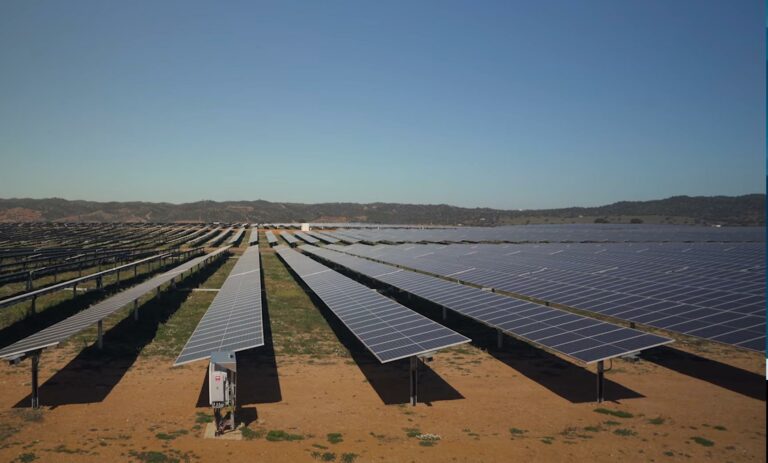
Solar Inverter: Working Principle, Benefits, and Life Span
Table of Contents A solar inverter is an integral component of the solar energy system. It gets hold of direct current (DC) energy and converts
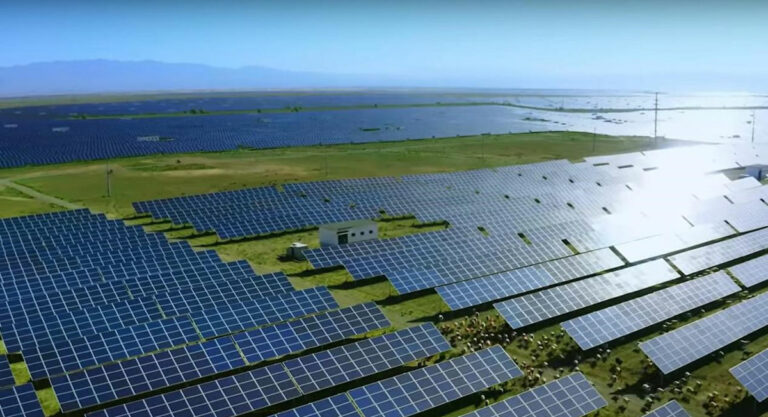
Difference Between Grid-Tied PV Inverter And Regular Inverter
Table of Contents People are shifting to using renewable energy sources today for reliability and environmental friendliness. Solar power is the most opted source, with

